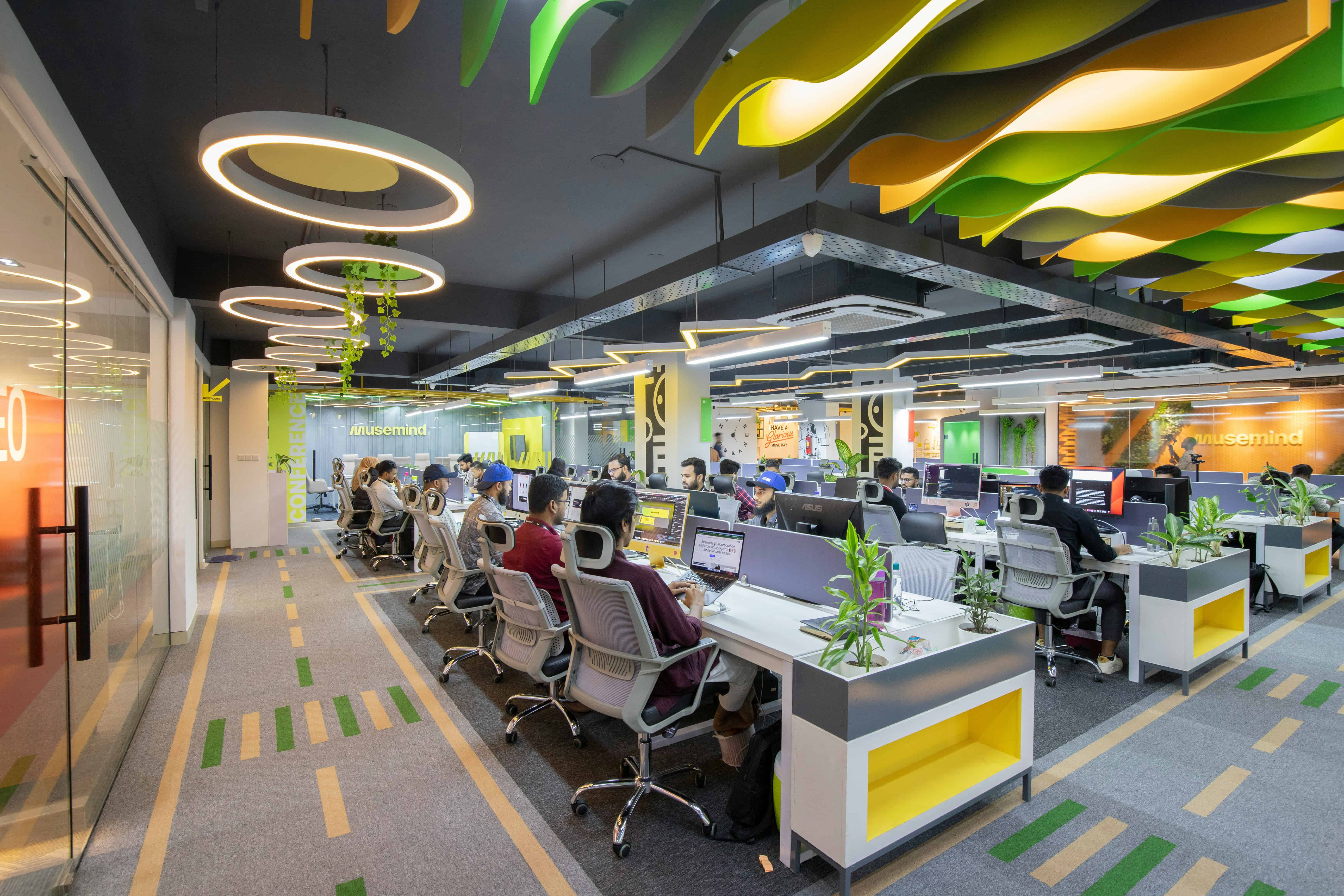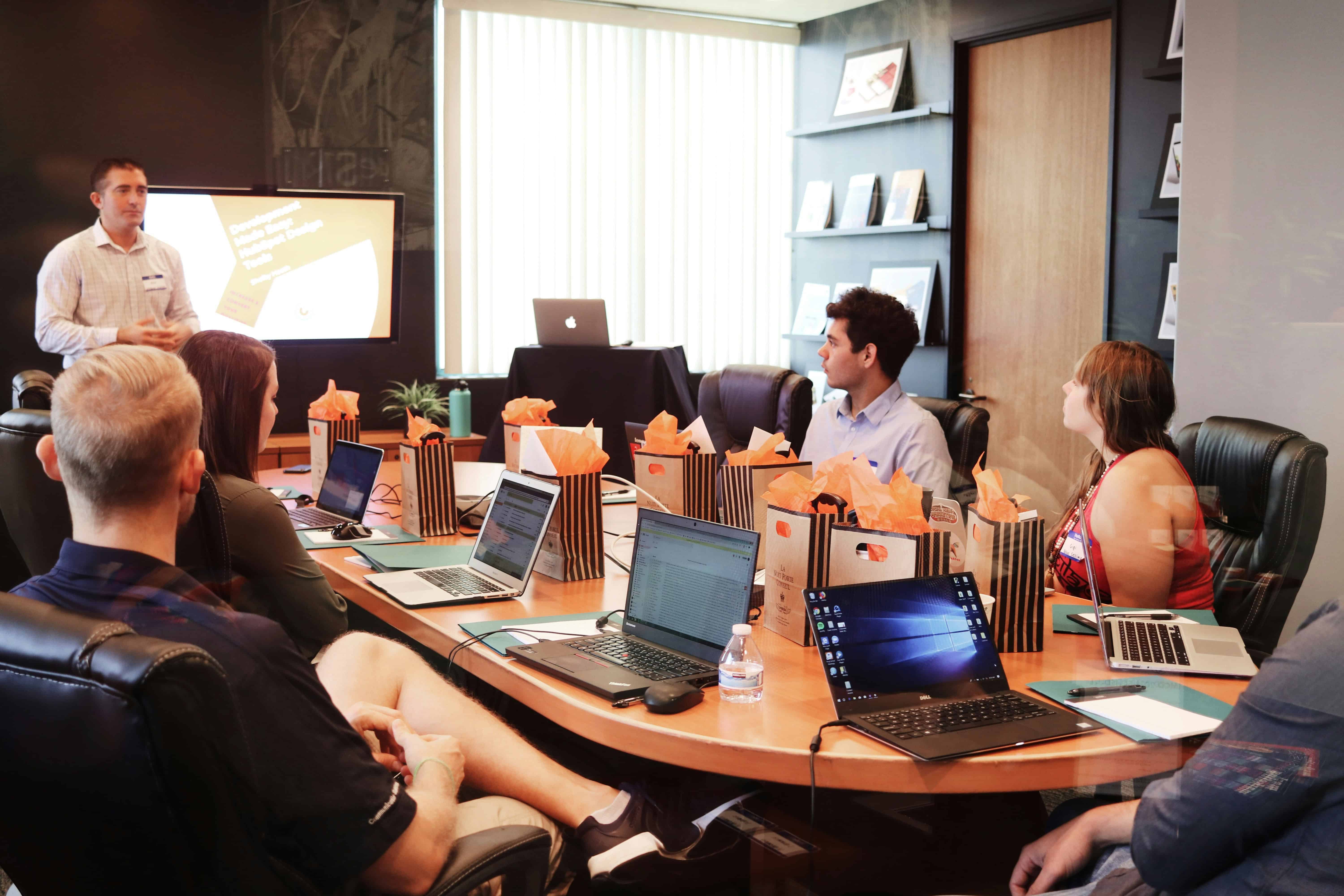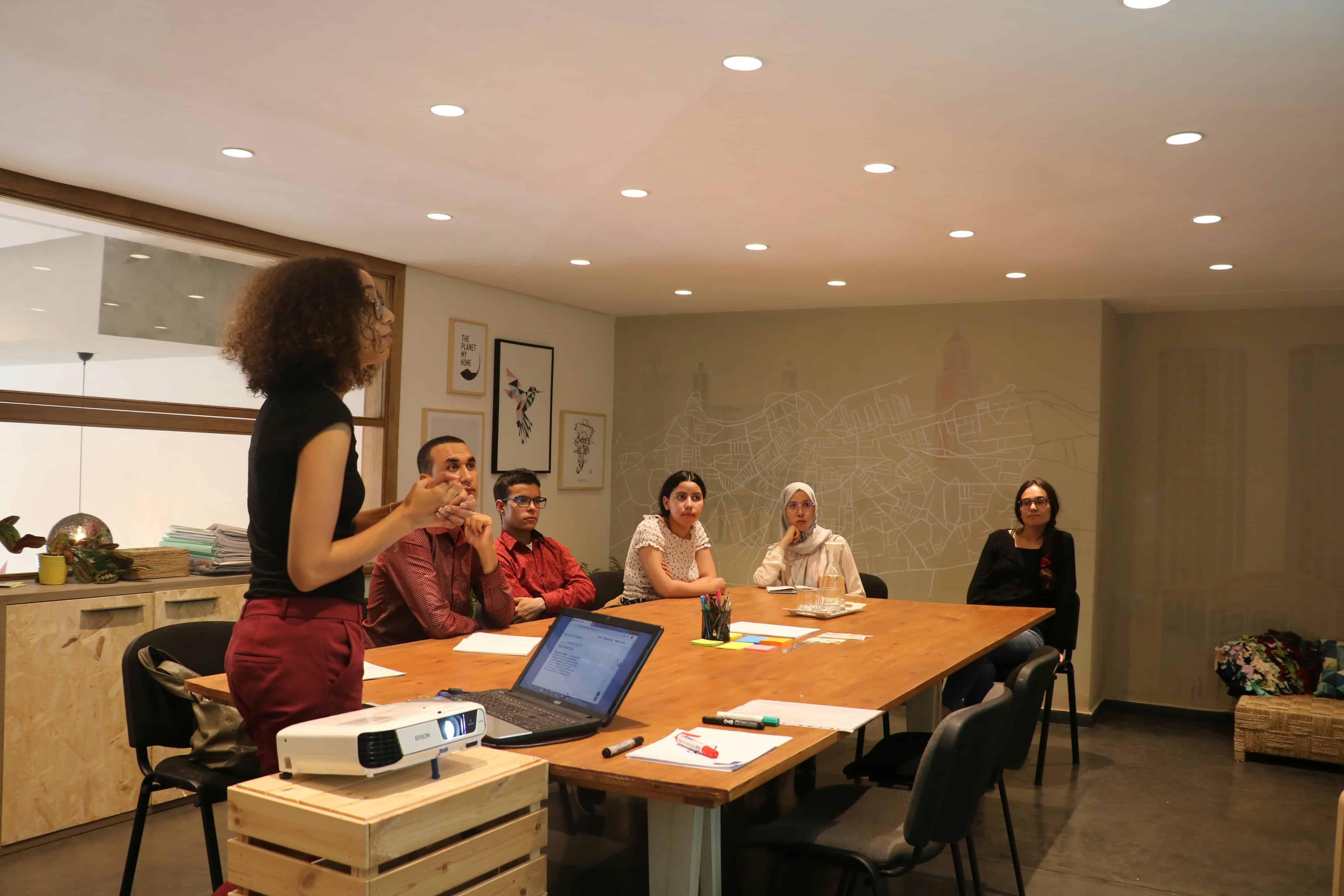Leadership
Your Association’s Survival Hinges on This Gen AI Tactic for Learning
Using a phased rollout as a Gen AI tactic helps associations adopt AI effectively, starting small, learning fast, and scaling smart to empower staff and volunteers while aligning with mission-driven goals.
Read MoreEmbracing the Gen AI Revolution
The Gen AI revolution is reshaping industries, offering transformative potential. Companies must embrace innovation, educate employees, and address ethical risks to unlock creativity and thrive in this new era of AI-driven possibilities.
Read MoreDesigners Are Using Gen AI to Pilot Production-Level Code
Upwork views Gen AI as a transformative force, not just a tool—reshaping productivity, work structures, and talent engagement.
Read MoreCan Gen AI Redefine the Skills That Drive Associations Forward?
How can Gen AI transform associations? By automating routine tasks, it frees up staff and volunteers to focus on strategic, human-centered work that drives member value and industry impact.
Read MoreMisleading Polling Inflates Support for Trump’s RTO Mandate
Trump’s RTO Mandate was falsely framed as popular—only 43% backed it, but the poll’s numbers were spun and amplified by partisan pipelines posing as trusted local news. Always check the math behind the message.
Read MoreUsing AI to Automate Tasks Employees Don’t Want to Do
AI isn’t here to take jobs — it’s here to take the worst parts of them.
Read MoreWhy Most Companies Fail at RTO
RTO works only when there’s a clear why. Purpose-driven office time—like for team building or key project moments—makes the return worthwhile. Without it, RTO feels pointless.
Read MoreGen AI Agents for Associations
Gen AI agents for associations are transforming how staff and volunteers work—automating tasks, personalizing member experiences, and strengthening chapter coordination, all while preserving the human touch that defines association impact.
Read MoreCracking the Code of Resistance to Gen AI Learning
Resistance to Gen AI learning can hinder progress, but overcoming it requires trust, tailored training, and emotional support. Organizations that foster a culture of learning will empower employees, boost productivity, and stay competitive in an AI-driven world.
Read MoreRecession Warning Accelerates Association AI Adoption
Association AI Adoption is accelerating as leaders face rising costs and shrinking revenues—generative AI now powers smarter member service, leaner operations, and volunteer support without sacrificing mission or staff.
Read More










